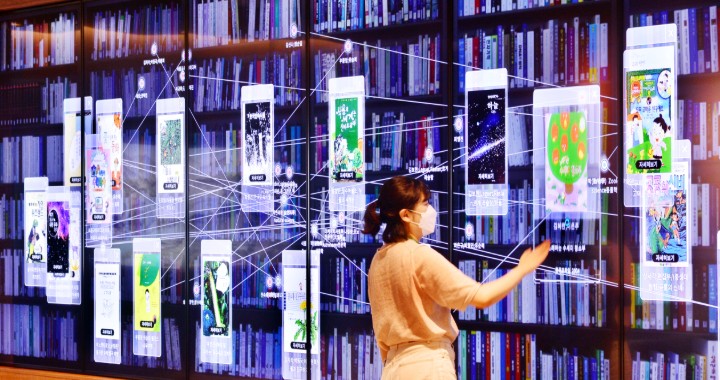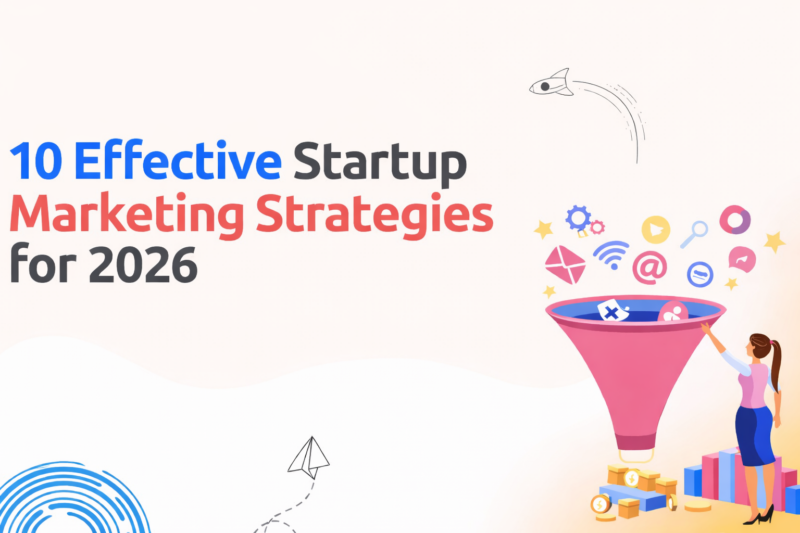
Books no longer sit quietly on wooden shelves. They float, invisible yet reachable, inside the vast digital space. The evolution of reading is not a story of replacement but expansion—how screens, algorithms, and virtual archives redefined our connection to words. Today, when readers explore digital libraries, they enter something larger than a catalog. They walk into a living, breathing ecosystem of knowledge shaped by technology.
A report by the International Federation of Library Associations noted that over 70% of libraries worldwide now offer digital access to collections. This figure keeps growing. The trend is unstoppable. Why? Because accessibility wins. A reader in a remote village can now open an ancient manuscript or a bestseller in seconds.
The Role of Digital Libraries
The role of digital libraries has shifted from being digital copies of physical institutions to becoming engines of discovery and inclusion. They archive, preserve, connect. They allow instant translation, audio adaptation, and personal annotation. The digital form does not only store books—it expands their reach.
Educational systems rely on them. Research thrives through them. In developing countries, students use digital libraries as their only link to higher education materials. Accessibility transforms learning: fewer limits, more opportunities.
Platforms like Fictionme demonstrate how the reading experience continues to evolve beyond traditional formats. Firstly, reading books online is much more convenient, as your entire library is always with you. Secondly, FictionMe offers a variety of categories that make it easy to find the right book in minutes. For example, you can choose from rebirth stories, werewolf stories, or mafia novels. Fictionme doesn’t present books as static text; it invites readers to interact, to imagine, and to personalize their reading journeys.
Beyond Storage: Curation and AI
The modern digital library no longer just holds content—it thinks. Artificial intelligence plays an increasingly visible role in curation and recommendation. Algorithms predict reading preferences, suggesting material based on interest and previous choices. This has made reading discovery faster and more personalized.
Imagine logging into a library that already knows you love historical fiction and environmental essays. Within seconds, it offers a selection tailored to your intellectual appetite. Fictionme, again, stands as an example of this adaptive reading logic: through smart suggestions and community feedback, users are exposed to titles they might have never searched for.
However, there is a thin line between helpful curation and over-reliance on algorithms. When technology filters everything, human curiosity risks narrowing. The beauty of exploring a physical shelf was randomness; digital libraries try to recreate that serendipity through AI-driven surprise recommendations.
A Matter of Access and Equality
Accessibility defines the digital era’s reading landscape. When readers explore digital libraries, they break barriers—geographic, financial, linguistic. Yet access is not universal. According to UNESCO, nearly 37% of the global population still lacks reliable internet. For them, the promise of a boundless library remains unrealized.
Many digital projects now focus on closing this gap. Open-access initiatives, government programs, and educational partnerships work to ensure every reader can participate. Fictionme for iOS App Store, for instance, keeps its platform compatible with low-bandwidth networks, allowing readers to enjoy literature even in regions with slower internet speeds. This approach turns reading from privilege into a shared right.
Preservation of Culture and Memory
Digital libraries do more than democratize reading—they safeguard cultural heritage. Old manuscripts, endangered languages, and rare texts are being digitized before they vanish. A digital scan is more than an image; it is a promise that history will not fade.
But challenges remain. Formats change, files corrupt, servers fail. Preservation requires constant adaptation. In this sense, the role of digital libraries becomes both technological and ethical: to ensure that knowledge survives, independent of platform or generation.
Fictionme approaches preservation differently—it gives contemporary stories an ongoing digital life. Unlike traditional archives, it allows readers to engage, reinterpret, and comment, making every reading a form of living documentation. Literature, instead of freezing in time, evolves.
The Future of Reading Tech
Reading technology now reaches far beyond digital libraries. Augmented reality, virtual reality, and voice interaction are reshaping storytelling. Imagine reading a novel where characters step out of the screen, or hearing the author’s voice narrate key moments while the text unfolds before your eyes.
Some prototypes already exist. Educational institutions experiment with AR books that let biology students dissect virtual specimens directly from textbooks. Fictionme, though primarily literary, explores similar immersive ideas—creating emotional experiences that make reading feel both ancient and futuristic.
These innovations invite questions: will screens replace pages entirely? Probably not. Human connection to paper is emotional. But coexistence seems inevitable. The future will belong to readers who can move freely between formats, absorbing stories however they come.
Challenges Ahead
Technology promises access but also introduces fragility. Digital rights management, data privacy, and commercial control threaten the open spirit of the early internet. Libraries, once public spaces, now depend on licensing agreements. Readers must trust invisible systems that decide what they can see.
Balancing freedom and regulation will be the defining challenge. The role of digital libraries here is to maintain trust—to act as transparent mediators between knowledge and users.
A New Chapter
Reading is not dying. It is changing shape. The ink has turned to pixels, the shelves to clouds, the library card to a login. And in that transformation, humanity finds new ways to think, feel, and connect.
When we explore digital libraries, we step into collective intelligence. We find stories written yesterday and echoes from centuries ago, both alive in the same instant. Platforms like Fictionme remind us that reading is not passive absorption but participation. In the end, whether through paper or screen, the essence of literature remains the same—an endless dialogue between mind and word, between the past and the future.


